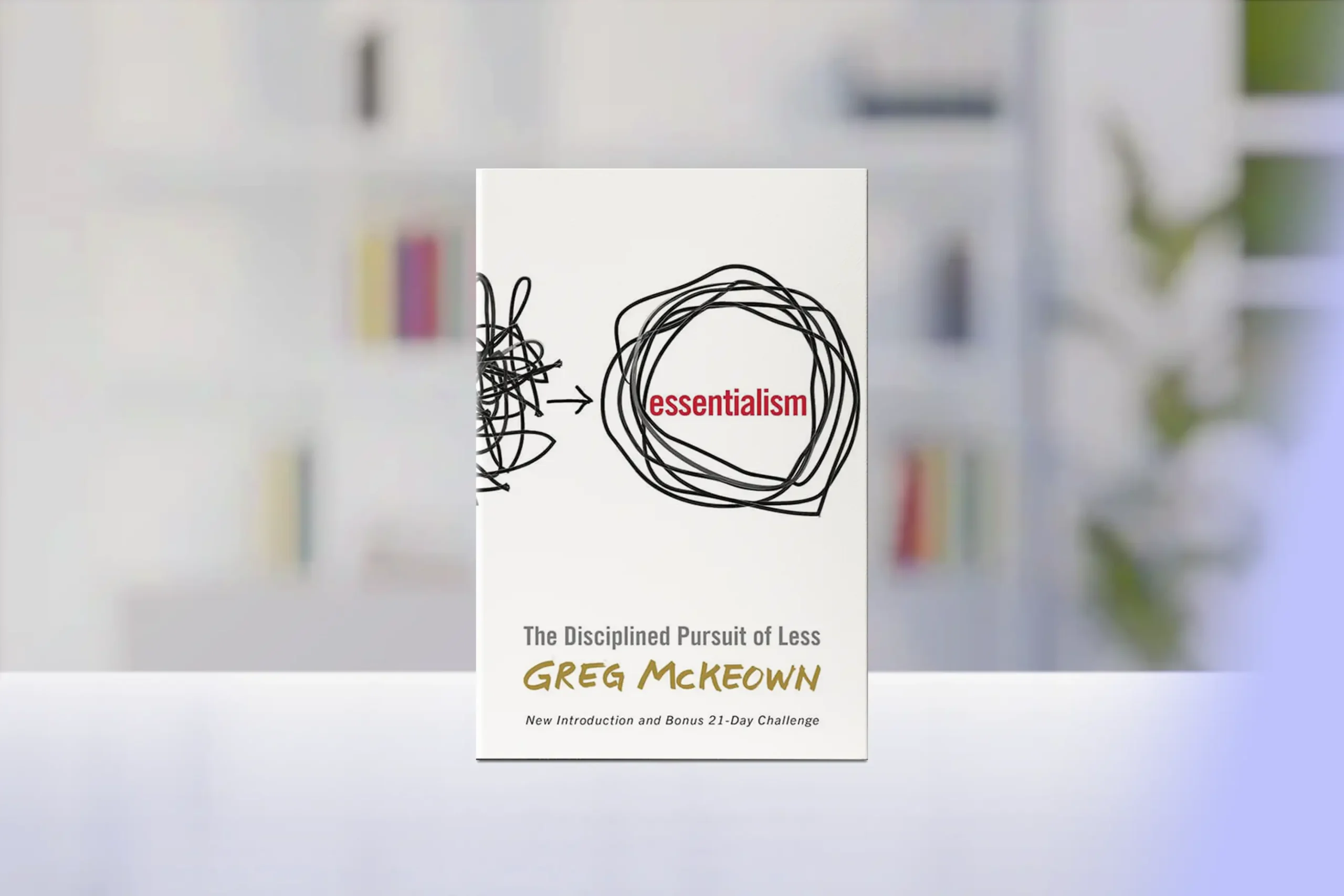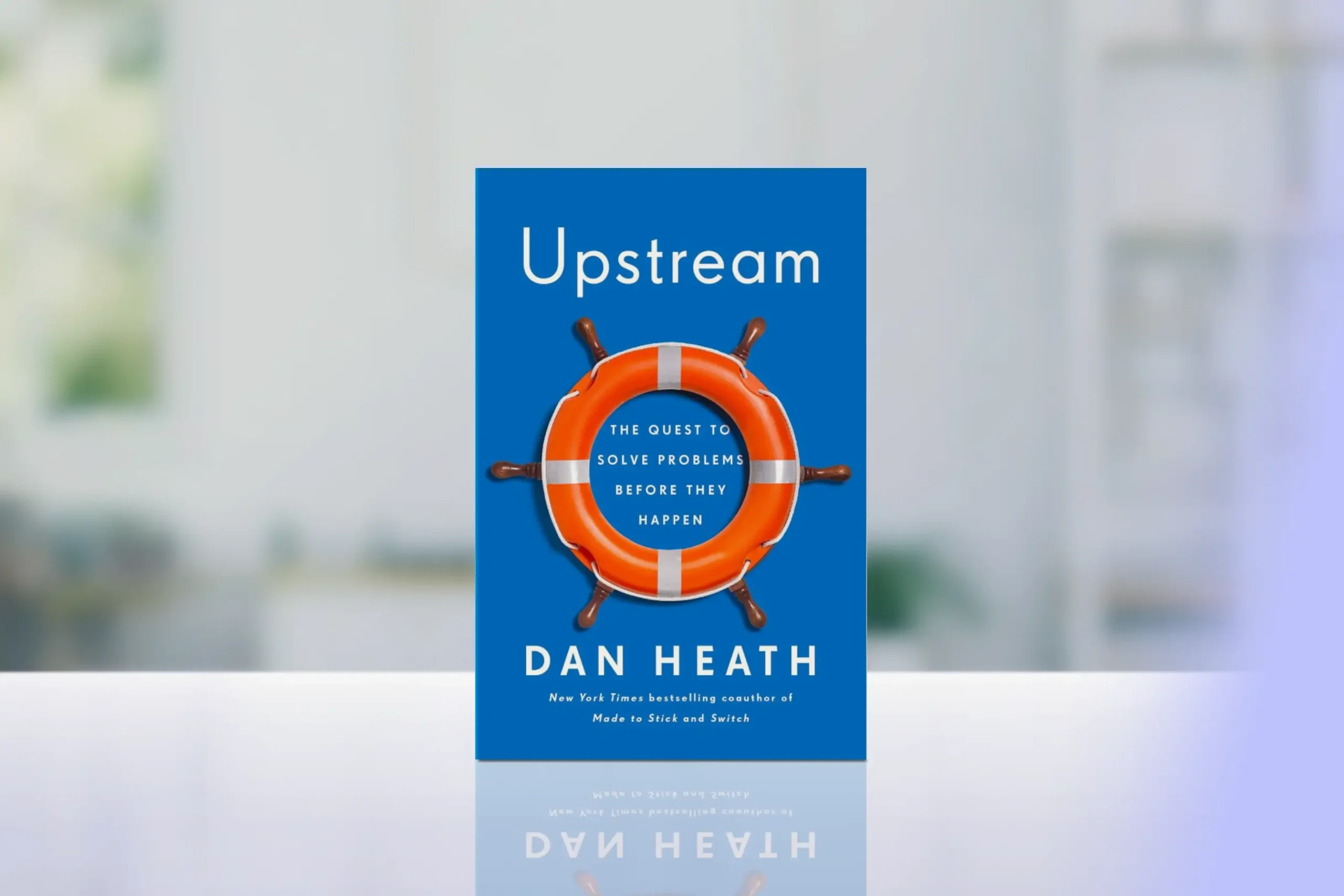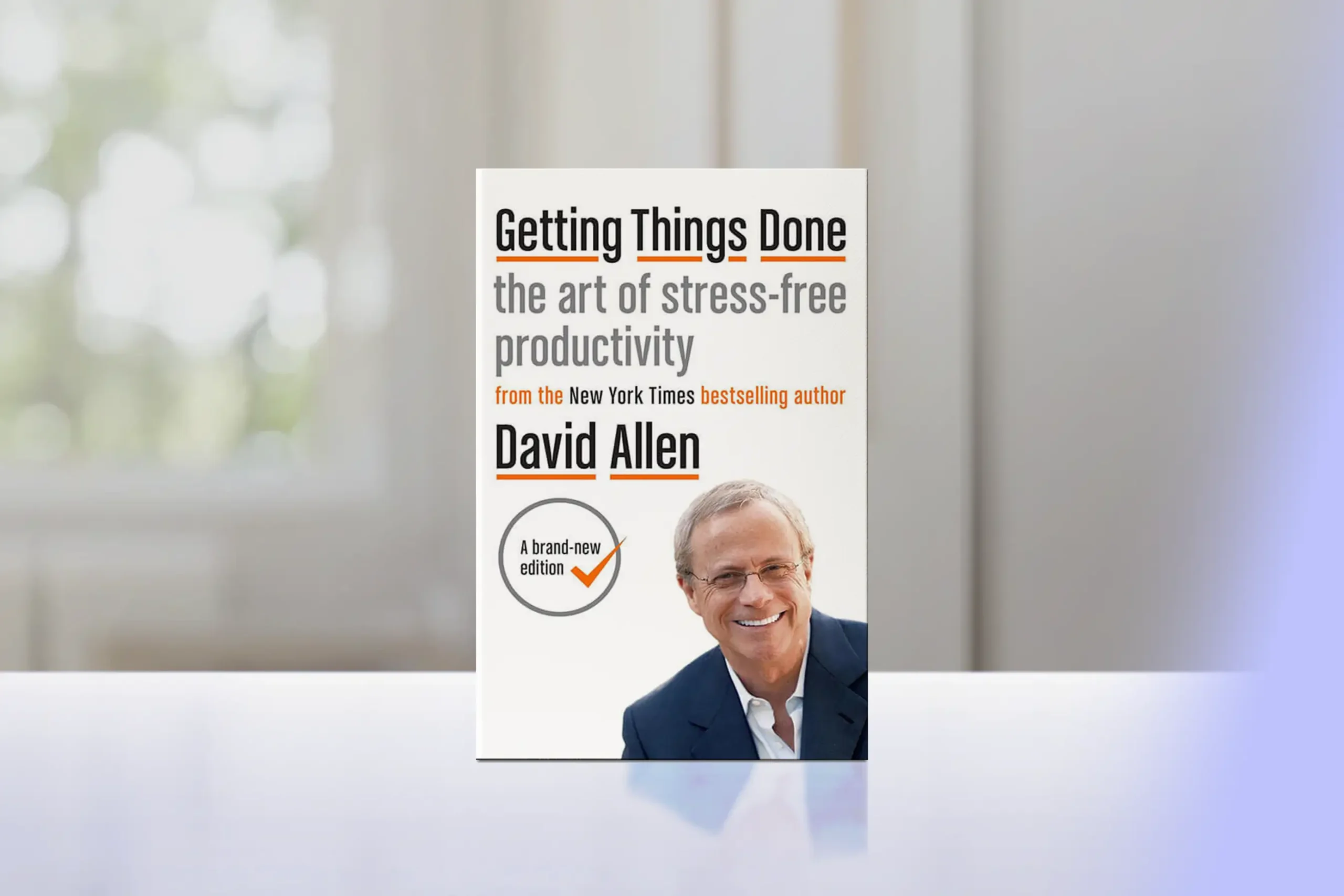Published in 2014, Greg McKeown’s “Essentialism: The Disciplined Pursuit of Less challenges” the widespread belief that success comes from doing it all. Instead, McKeown makes a compelling case for prioritizing what truly matters, empowering readers to reclaim control over their time, energy, and focus.
The book’s premise is deceptively simple yet revolutionary: by doing less—but doing it better—we can achieve more meaningful results and live a more intentional, fulfilling life.
Core Concepts
At its core, “Essentialism” isn’t about getting more done in less time—it’s about getting only the right things done. McKeown challenges readers to question the assumption that being busy equals being productive. He introduces the concept of the “disciplined pursuit of less” as a means to not only increase productivity but also to lead a more fulfilling and meaningful life.
McKeown introduces a systematic discipline for discerning what is absolutely essential, then eliminating everything that is not. The book revolves around three key principles:
- Explore and evaluate what’s truly important
- Eliminate the nonessentials
- Execute the essential tasks with efficiency
By adopting these principles, you’ll learn to distinguish between the vital few and the trivial many, ultimately leading to a more fulfilling and productive life.
Chapter-by-Chapter Review
Part I: Essence – The Essentialist
In this section, McKeown introduces the core mindset of an Essentialist, contrasting it with the Non-Essentialist approach. He emphasizes conscious decision-making and the importance of discerning the vital few from the trivial many. By understanding the invincible power of choice, recognizing what truly matters, and embracing the reality of trade-offs, readers gain the foundation for focusing on what is essential and letting go of what is not.
Part II: Explore – Escape: The Perks of Being Unavailable
This part highlights the necessity of creating space for thought, reflection, and observation. McKeown illustrates how stepping back, embracing play, protecting sleep, and applying extreme criteria for selection can help identify what is truly essential. By deliberately escaping distractions and observing with clarity, readers learn to uncover opportunities and focus on the few things that matter most.
Part III: Eliminate – Clarify: One Decision That Makes a Thousand
Here, McKeown teaches readers how to remove the nonessential from their lives. Through strategies like clarifying purpose, saying no gracefully, uncommitting from outdated obligations, editing relentlessly, and setting boundaries, he shows how to cut out what doesn’t serve your highest priorities. This part emphasizes that eliminating the nonessential is a proactive and ongoing practice that creates space for what truly matters.
Part IV: Execute – Buffer: The Unfair Advantage
In the final section, McKeown focuses on execution and sustaining progress. He explores the importance of building buffers, subtracting obstacles, celebrating small wins, creating effective routines, and maintaining focus on the present. This part provides practical tools for translating Essentialist principles into everyday action and cultivating a life guided by what is most important.
Throughout the book, McKeown blends theory with actionable strategies, encouraging readers to reflect on their own experiences and apply the principles of Essentialism to achieve clarity, control, and meaningful results.
Key Strengths
- Offers a paradigm shift in how we approach productivity and success
- Provides practical, actionable strategies for implementing Essentialism
- Engaging storytelling and real-world examples make complex ideas accessible
- Empowers readers to take control of their time and energy
- Challenges conventional wisdom about “having it all”
Potential Drawbacks
- Some readers may find the concept overly simplistic for complex life situations
- Implementing Essentialism may require significant lifestyle changes, which can be challenging
- The book occasionally repeats key ideas, which may feel redundant to some readers
Who This Book Is For
“Essentialism” is an invaluable resource for:
- Overwhelmed professionals seeking to regain control of their time and priorities
- Entrepreneurs and leaders looking to maximize their impact by focusing on what truly matters
- Anyone feeling stretched too thin across multiple commitments and responsibilities
- Individuals searching for greater clarity and purpose in their personal and professional lives
Final Review
“Essentialism” is a game-changing book that has the power to transform how you approach work, relationships, and life itself. By embracing the disciplined pursuit of less, you’ll discover the freedom to focus on what truly matters. McKeown’s insights and strategies provide a roadmap for living a life of purpose and intention, rather than one of constant busyness and distraction.
While implementing Essentialism may require significant shifts in mindset and behavior, the potential benefits—increased productivity, greater satisfaction, and a sense of control over your life—make it well worth the effort. This book isn’t just about doing less; it’s about doing better.
Rating: 4.6/5
A must-read for anyone seeking to cut through the noise and focus on what’s truly essential in life.
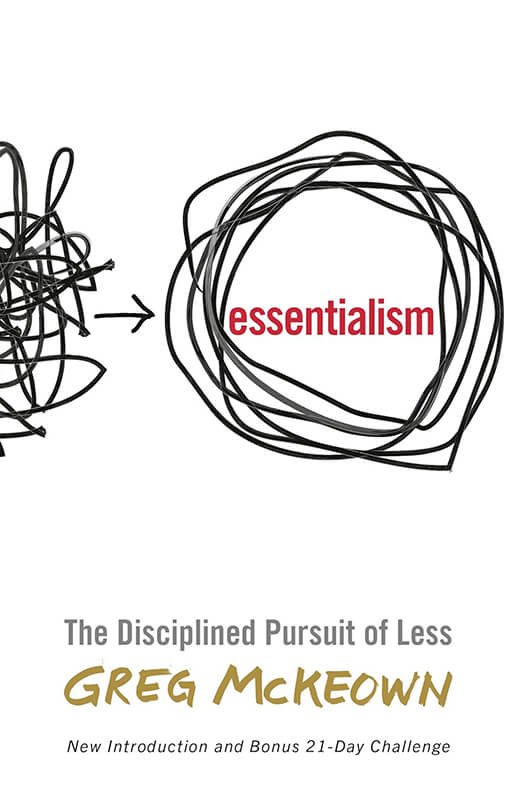
Alternative Books
If you found this book insightful, consider exploring these related titles:
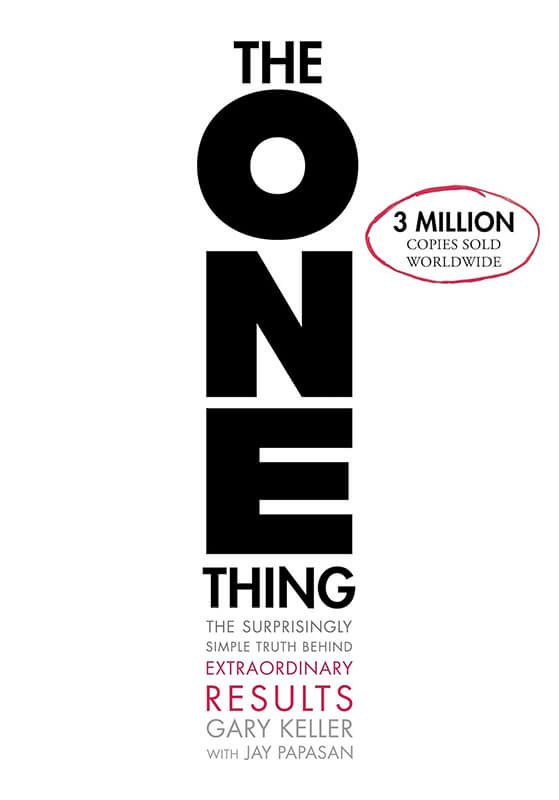
“The One Thing” by Gary Keller and Jay Papasan
Teaches how to identify and focus on your most important task.
Rating 4.7/5
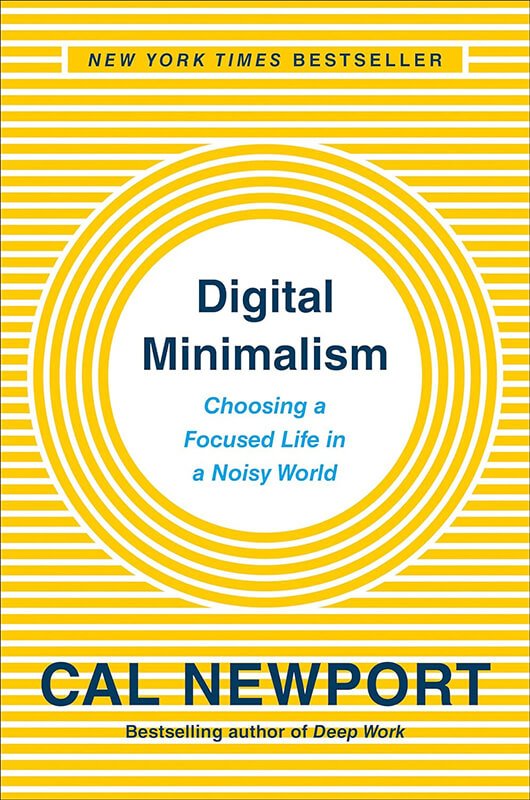
“Digital Minimalism” by Cal Newport
Applies minimalist principles to our relationship with technology.
Rating 4.5/5
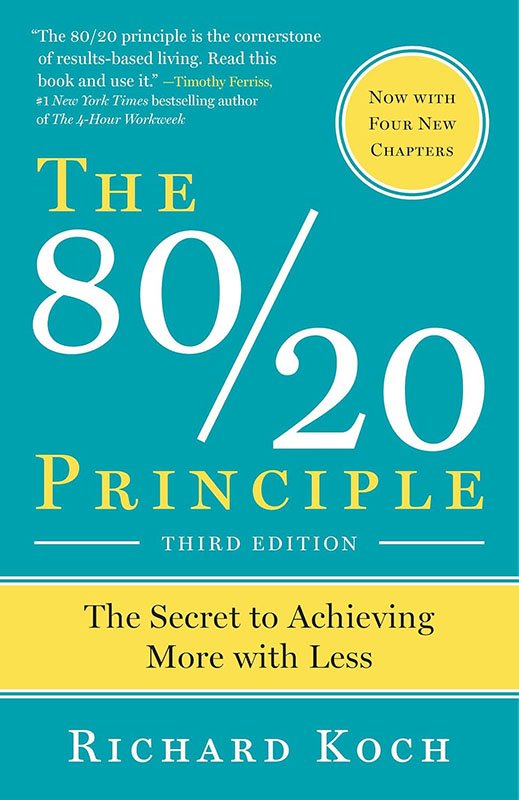
“The 80/20 Principle” by Richard Koch
Examines how to achieve more with less in various aspects of life.
Rating 4.5/5

